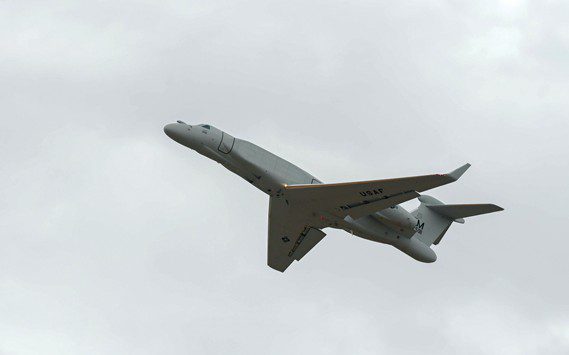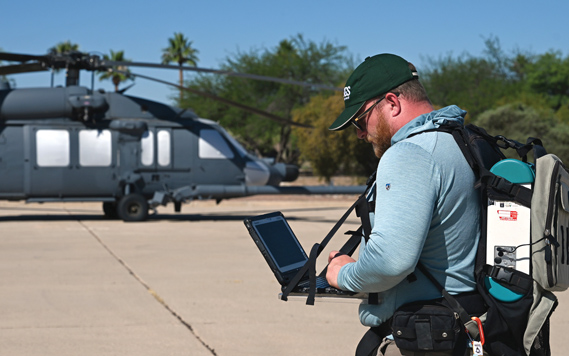LUKE AIR FORCE BASE, Ariz. — “Being successful means having a balance of success stories across the many areas of your life. You can’t truly be considered successful in your business life if your home life is in shambles.” — Zig Ziglar
In our careers, we frequently hear about the importance of having balance in our life and job. Some common phrases and statements we may hear are “balance is the key” and “learn how to balance.”
The importance of balance is a reoccurring theme, not because leaders and supervisors enjoy the same rhetoric but because of the truth about balance. It’s a universal principal that everyone deals with personally while also observing others struggling with it as well.
So how do we obtain balance in our lives and in the Air Force? It’s not enough to simply tell someone to have balance. There’s no store or warehouse you simply stop by and pick up a six-pack of balance. First, we have to understand what balance is and then we have to translate that into actions or concepts we can perform.
Describing balance offers us two very functional steps we can take to understand how to achieve balance in our life. First, the principal of balance is based on maintaining a proper reference point. If you’re on a balance beam or standing on one leg, it helps to find a focal point to focus on or a point of reference. This is a very important principal of balance. If you are distracted and cannot focus or change your focal point, you risk losing your center of gravity and falling.
In life, our point of reference for balance is our faith, our core values, morals and principals. These provide our reference point, and our standard for meaningful existence. We have to establish this frame of reference for proper balance. This is the first function of balance in life, which is to find a point of reference.
The second function of balance requires constant correction. After we have found our point of reference we need to make minor adjustments in our “feet, legs and hips” in order to maintain balance. Once we stop making corrections, though we may be centered on a point of reference, we become unstable and we’ll start drifting too far from center. Sometimes we need to correct the amount of hours we spend at work verses the amount hours we spend at home. Or if we are at home, we must take advantage of those moments and be engaged with those around us rather than consumed by distractions like video games, television and technology. Balance is never achieved and then left unchecked. It is a continuous process and takes a deliberate effort to maintain through constant corrections. Find your point of reference and then reflect on which corrections are necessary for you to help bring your life into balance.
I find a lot of conversations we have about Airmen issues boil down to them being out of balance in an area of their lives. Usually, it doesn’t take long to discover what needs to be corrected in their life to restore their stability. It’s not some great detective work or psychology theories that identify the problem. It’s taking some time to open a dialogue with the member. Simple phrases like “tell me more” or “what else happened” will continue the conversation. Usually, people will find their own corrections or realize their point of reference is off just by bouncing their thoughts off of you.











